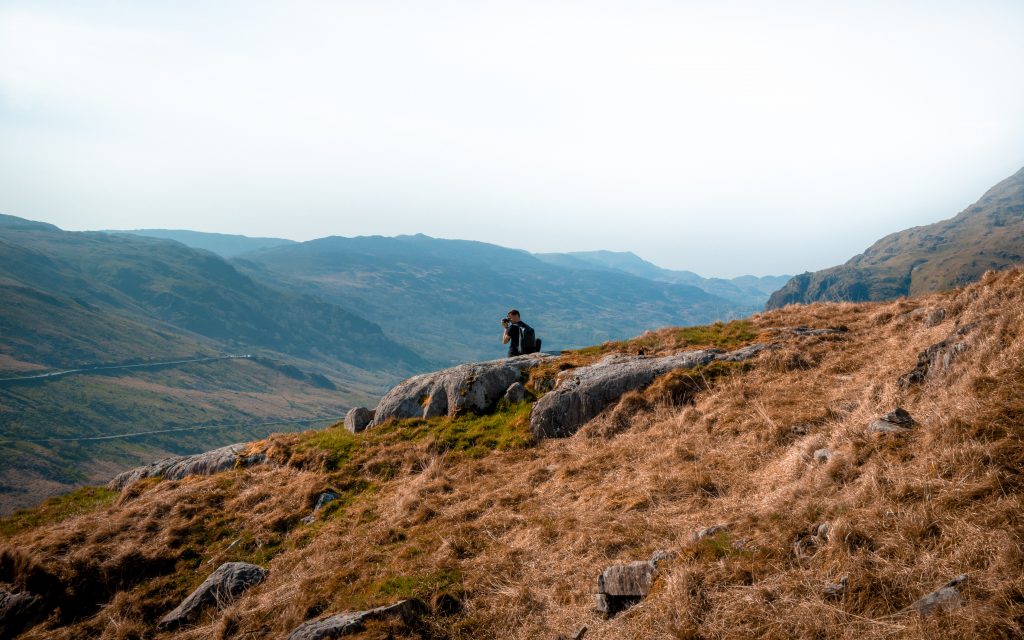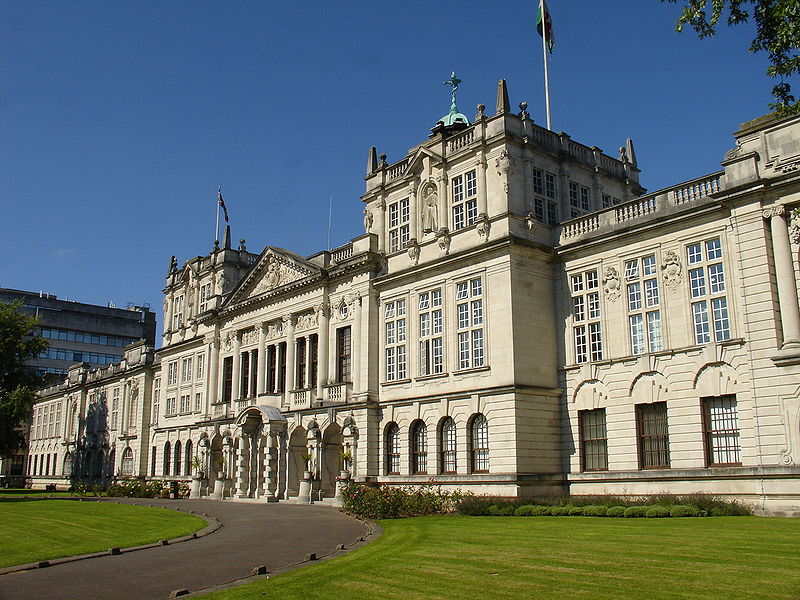Ant Pickles argues that Wales needs to adapt if it it to make the most of a currently untapped resource: international tourism.
Wales is currently missing out on potential billions of export.
Foreign currency spending by tourists adds to the balance of payments and is an export, although not many think of it in that way. Before the pandemic, almost £2bn a year more was spent beyond these shores than we recouped in international visitor revenues. For Wales, the figure is starker still.
Wales can become a tourism hotspot, not just to English and Welsh daytrippers, but to the valuable market beyond – the foreign traveller.
Wales, sadly, is still relatively unknown to international visitors. Pre-pandemic numbers were poor, with less than 2 per cent of international spending to the UK ending up in Welsh tills. Given the relatively strong performance of the domestic industry, it’s hard to tally.
Anyone reading this does not need to be reminded of how special the Welsh offer is. It’s almost a cliche to talk about what makes it so compelling, and yet it is little understood, considered or likely to change any time soon and this should be a much higher issue of concern. As the pandemic (hopefully) begins to ease, and people’s confidence to travel increases, now is the time to work out how Wales can become a tourism hotspot, not just to English and Welsh daytrippers, but to the valuable market beyond – the foreign traveller.
The average spend by a day tripper in Wales is roughly £44. Compare that to the average American who spends £930, or Chinese who spends £1937- the value proposition is clear. And whilst London hogs the limelight with more than half of all the UK’s international visitors failing to leave Zone 1, Scotland operates an impressive and strong offer and performance, so too do parts of the UK, with strong increases beyond the traditional honeypots.
Understanding how international tourism operates is important. The way people travel is changing, and will continue to change with a huge fall in long trips to little-and-often. The capital of social bragging, the ease of online bookings in location, the ‘off the beaten track’ travel opportunity, all of these things are on the increase across all age categories. With these shifts, it’s important to understand the dynamics the industry needs to adapt to thrive, from greater ease of booking, payment options and connectivity.
So what’s holding back the visitors? After all, you can reach almost any part of Wales from London (there’s no escaping this is still the gateway for so many) quicker than Cornwall, or indeed Scotland. The answer lies in two parts – that Wales is little understood, and the so-called ‘final mile’ – how visitors get from their arrival point to their end destination.
Firstly, I don’t want to take away from the way the Welsh brand has been building – it has – Visit Wales has had coups and the themed years and international sporting events have helped, but when you compare to competitors internationally, it doesn’t really scratch the surface.
In part, the way tourism is structured is problematic. From the national tourism body to the UK-wide approach, and many other issues along the way, tourism since 1999 has been a mostly devolved competence and unlike every other part of the UK, Wales chose not to have an independent arms-length structure, but a departmental body, with Visit Wales staffed by civil servants who, whilst carrying out many of the functions of tourism agencies, don’t have the operational independence to push back on ministerial instruction. They are responsible for delivering on Welsh tourism strategy, industry engagement, product development and marketing. But there is a complication – VisitBritain, the UK Government’s arms-length body also has a statutory role to deliver marketing and growth to the nations – and whilst they receive almost all their funding from public coffers, their direction is set independently and with a board to which Wales has representation and voice.
As a former employee of VisitBritain, I have an obvious and in-built bias, but there are faults with how they operate too. The obvious challenge to throw at their door is that if they are the ones responsible for inbound tourism, why are the numbers for Wales so poor? Secondly, the almost incredible decision was taken nearly a decade ago to forge VisitEngland’s operational structures with that of the VisitBritain operation, and whilst there are some clear reasons in terms of staff duplication, the operational independence of how to promote the nations distinctly was damaged in the eyes of many in Wales.
Innovative. Informed. Independent.
Your support can help us make Wales better.
But the politics of tourism aside, how can a meaningful change come about that starts to deliver the missed billions as the tourists start to travel again? For me, the answer comes in three areas of delivery.
Imagine the visitor who disembarks from Heathrow, to connect at Paddington, or Euston and hours later arrives in Machynlleth or Pwllheli and then tries to work out how to get into the more remote accommodation offers.
The first is investment. The places that take long-term investment in building their product and knowledge of it, usually see impressive results. It’s not for no reason that Australia spends well in excess of £100m a year. The UK as a whole does do some of this well – the GREAT campaign generates a return on investment of £20 for every £1 spent on it, however it under-delivers for Wales. Some will and have argued that it just shouldn’t apply to Wales and that the money should be given to Visit Wales. The error of doing that would be to misunderstand just about every tourism market in the world who see the ‘UK brand’ as a strong, trusted and sought-after one. The campaign itself makes the error of not being broad enough to encapsulate the real strengths of Wales, its culture, language, and strength of product. Therefore some reform to bring about partnership should surely be a way forward and to be seen as an addition to, not something to compete with.
The second is the ‘final mile’. This applies as much to those travelling domestically as well as those from overseas. Wales’ infrastructure problems are well described by others at the IWA and beyond, but it is an issue. Imagine the visitor who disembarks from Heathrow, to connect at Paddington, or Euston and hours later arrives in Machynlleth or Pwllheli and then tries to work out how to get into the more remote accommodation offers – the practicalities are simply too off putting for many. This could be fixed with a ‘Wales Pass’ that would help bring the connections together with greater ease and clarity. A local focus on the councils and areas that could build their options to make it easier to connect could be a relatively cost-effective option.
The final issue is to make Visit Wales an independent body. Centralised tourism bodies are the exception to the rule, and the industry-partnership, creativity and independent thinking often utilised by other tourism agencies works. This isn’t to take away from the many good people and ideas that come from Visit Wales, but why does a Minister in the Welsh Government have final sign off on an industry that operates based on thousands of small businesses?
The concluding note however is that none of this is easy. Global tourism pre-pandemic was big business and accounted for at least 10 per cent of global GDP, and whilst it is easy to paint in broad brushstrokes, the reality for the many businesses facing the complexities of regulation, inflationary pressures and skills shortages is not to worry about who markets, how the transport links could be better, or what the Aussies do to get people surfing. The industry faces a really tricky period all round, and many of the things that need to happen are local, and require action from many, including government. However, accepting that Wales should be much higher up the league table with an ambition to be one of the top destinations anywhere should not seem like too grand a plan.
All articles published on the welsh agenda are subject to IWA’s disclaimer.





